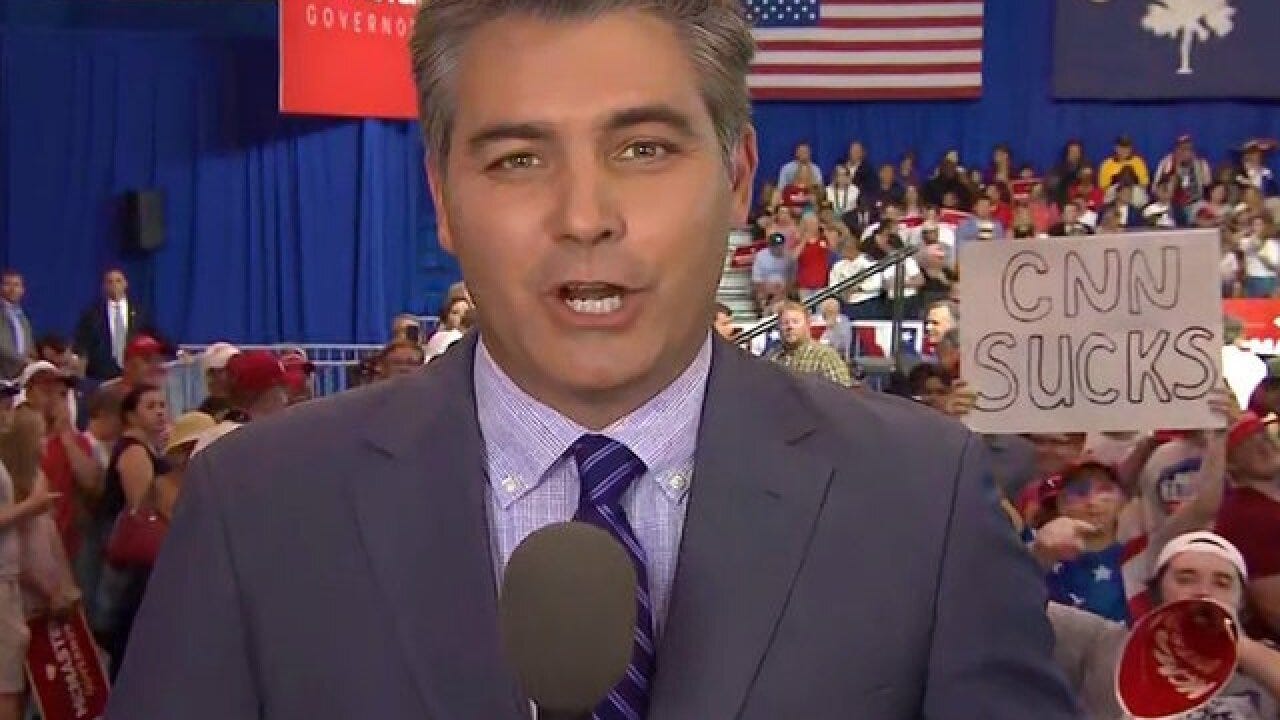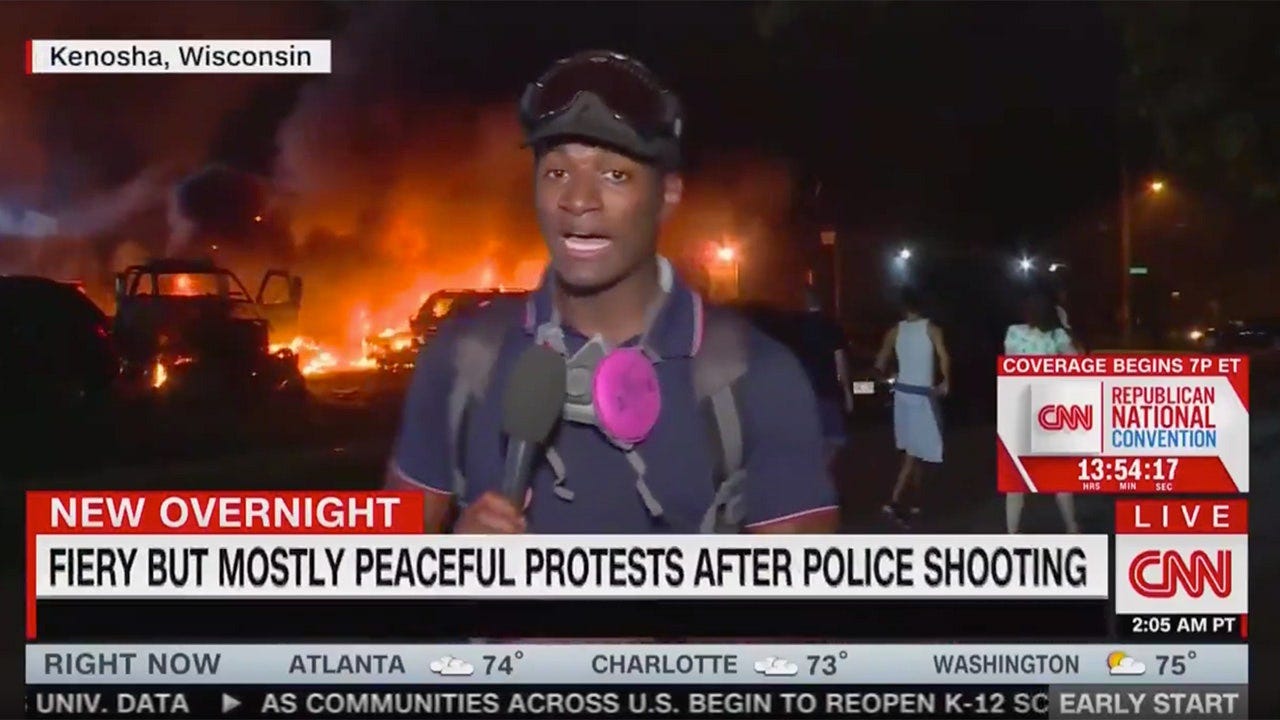“I saw the Emperor – this soul of the world – go out from the city to survey his reign; it is a truly wonderful sensation to see such an individual, who, concentrating on one point while seated on a horse, stretches over the world and dominates it.”
-G. W. F. Hegel on Napoleon
I began this essay the day before yesterday. Is the above coincidence, or does my writing in fact fully embody the Weltanschauung of modernity? Do I in fact really know what Weltanschauung even means? Do any of you even care enough to look it up? Questions for the ages . . .
In my daily life as a government teacher I always spend a good bit of time on the concept of media, not just as an industry or social force but in the broader sense of how our reality is mediated. We see everything through screens, and detached from our communities and the world of immediate sense experience as we are through the Siren-pull of increasingly immersive digital spaces lay ourselves open to being shaped by them. Our ancestors would have called such an ability to mezmerize at a distance sorcery and they would not have been wrong. Those who say the world is no longer enchanted forget that magic advances no less than science and the distance between them is not always so far apart.
Our experience of power is no less mediated than our experience of romance or warfare, a curated space where those in the dominant position set the terms under which they will be perceived. Indeed, in many ways, a key feature of managerial rule is the power to determine that perception, and struggles for power within the system hinge on who will get to define the other. Everyone seeks out a space where he or she can set the terms, to the maximum degree possible, of the discourse and how those outside the space will be allowed access. The livestream, for example, is such a fiefdom in miniature, where a gamma-gamer can wield his banhammer against the trolls seeking to hijack his chat. His betanktopped female counterpart can jiggle for likes and donations while silencing anyone saying out loud what she’s encouraging everyone to think. Millions of people worldwide of both sexes think it is entirely appropriate to commandeer public spaces as settings for content creation, including areas like locker rooms and bathrooms, and having secured in their minds filmsteads of their very own, rudely and sometimes violently police interlopers who ruin the formation and buttressing of their externally validated self-image.
I honestly wish I’d thought of “Joey Swoll” before settling on Librarian of Celaeno. He does good work.
But if the current experience of power- and life in general- is a mediated one, it should be remembered that this is a very recent phenomenon, one only possible with the development of the “mass” and that worldview that sustains it, a culture where community, such as it is, is an abstraction conditioned by forces from above. More than anything, mass culture and the mass man who is its instantiation must be sustained with artificial approximations of reality that serve the interest of the those who rule him. But if struggles for power are really struggles between factions of managerialism for the ability to construct this mediated reality, then one thing they must fear is even the hint of authenticity. In other words, the personal charisma of a powerful individual, such that it makes it possible for him to operate outside the system and its controls, represents a destabilizing force. If it cannot be co-opted or mitigated, it has to be destroyed.
In addition to the threat posed by this implicit threat to the legitimizing ideal of managerial rule- impersonal technical expertise- it is also a throwback to a world the managers would prefer us not to dwell upon. In the not so distant past people’s experience of power was far more personal and transactional. Peasants could wander Versailles and buttonhole the kings of France. John Adams, stingy yankee that he was, scrimped on hiring a butler and answered the White House door himself. Lincoln and Douglas would stand on stumps debating before jeering and mostly drunken audiences with nothing but the power of rhetoric to compel people to listen. People expected leaders to be approachable and to do things for them, not to represent the equivalent of a call center in Bombay behind twenty minutes-worth of phone tree button pressing.
“Sir, I am telling you, you must turn the president off for thirty seconds, then turn him back on to reboot. Are you sure he is plugged in?” - Nahwaz “Steve” Pirmuhammad
All of this is a roundabout way to introduce my story of that one time I saw Donald Trump in person.
It was June 25, 2018, at Airport High School in West Columbia, South Carolina. The venue was presumably chosen for its access to the eponymous airport. As I lived nearby at the time and worked for a nearby school, I had heard a great deal about how Trump was coming to town, and though I normally hate crowds and political events I thought this would be something worth seeing. Strictly speaking it was not supposed to be a “Trump rally;” the event was intended to be an extended endorsement of then-incumbent Governor Henry McMaster and featured an array of SC politicians in addition to the president. But no one was coming to see Lindsay Graham.
And come they did. I would estimate the line was two-hundred deep when I arrived and I was two hours early. More were rapidly filling in behind me. The high school parking lot had mostly been commandeered by media and staff, so many of these people, the vast majority of whom were elderly or semi-elderly, walked long distances in the summer sun in order to stand in a hot line for hours, such was their devotion to a man who was only ostensibly coming to tell them to vote for someone they already supported. As the afternoon wore on numerous men and women simply fell out while standing on the asphalt. But rather than move into the shade they sat right there on the pavement, unwilling to surrender a hard-won place in line. After a while some of Trump’s volunteers came out with cases of bottled water which they handed out, and then the venue opened and the line surged forward.
Everyone made their way into the high school to be wanded and searched by Secret Service agents, after which moving into the gymnasium. There was a permanent stage on one end, where sat various local politicians. The bleachers on either side were already nearly filled with Trump’s more casual supporters and presumably those few interested in hearing the other speakers. On the side nearest the entrance, on portable risers, was the media. I actually got to speak to Jonathan Serrie (very nice man). Jim Acosta from CNN, leading bete noire of the bete noir network, was near the middle of the pool of reporters on the very front edge of the risers, closest to the crowd in the middle of the gym.
Notice how the Librarian has the presence of mind to turn his phone to landscape view. Do better, McDonald’s fight cinematographers.
This was perhaps unfortunate, because that group of people, who milled about in the space from basically the three-point line to just beyond the half-court, represented the fedaykin of the MAGA Jihad. Younger than the boomers in the stands, wearing flags as capes and perhaps a bit tipsy (unconfirmed), they were already chanting slogans in the direction of the media when I entered, and the speeches hadn’t even begun yet. Acosta was a particular object of their ire, having angered them earlier in the day with an exchange he’d had with an older woman, and they now busied themselves shouting “go home, Jim,” and “tell the truth, Jim,” neither of which he proved willing to do. At one point, they held up a sign saying “CNN sucks” behind Acosta, an image that would define the ethos of the network until it was improved upon in 2020.
No, that’s not the Librarian in the white hat.
Dumpster fire = meta commentary
Then the speeches began. Trump had not arrived yet; turbulence was slowing his flight in, and in any case the local politicians were up to speak first. I honestly don’t remember who they were or much of what they said. That’s not really a dig at them; they were doing what they could do with the talent God gave them, playing AA ball and playing it well enough. They were not, however, especially interesting. I do recall that many attempted the Trump schtick of mocking the reporters opposite them, across the sea of MAGAtruppen. This had mixed results- the crowd was happy to shout at the representatives of “fake news” in their midst, but it seemed much like playing catch with your mom’s new boyfriend, not really the most authentic-feeling experience.
The minutes wore on and still no Trump. The crowd was palpably restless. Word came that he was circling above in his plane, but there was some fear that he might not be able to land given conditions. While it had been sunny enough while I was in line, a storm had apparently come up, or something like that. I just remember the mood in the room. It very easily could have devolved into some sort of real unrest, such was the energy. But then at last the announcement came, the man had come.
The video really doesn’t capture the way the roof absolutely came off when he entered the stage, the roar and commotion and sheer energy of the moment. The crowd in the middle was of course the most animated, but even the casuals in the stands felt it. There were perhaps a few thousand people there but it felt like a stadium audience. Say what you will about Trump- and there is much negative that can be said- but the emotion in that room was wholly genuine. The affection those people had for him was not political but personal, a throwback to an earlier age, legions of SS (that’s social security) warriors ready to follow their Orange Caesar forth.
By way of contrast, although you can’t see him on stage, Lindsey Graham had arrived with Trump, taking a break from golfing with the fine people at Raytheon to do some retail politicking. The audience lustily booed the man they’d been handily electing and reelecting to the Senate since 2003, when he took over from the undead corpse of Strom “The Dixie Palpatine” Thurmond, and would go on to reaffirm in power in 2020. It must be said that safe red states elect the worst Republicans (see Liz Cheney) but there is no mystery why Graham- who insists he’s not gay despite being widely known in the state as “Miss Lindsey”- keeps winning office: he brings home pork. It’s nothing personal with him; any cuck would do so long as the Army bases stay open and the federal funds flow like the spice. Trump, who’d castigated Graham previously as the mincing protege of John McCain, informed the audience that he and Graham had made nice since the unfortunate exchanges of the 2016 election, and that seemed to quell the unpleasantness. In any case, they weren’t there to roast Graham, they were there to hear Trump.
Again, the president was there ostensibly to give a speech endorsing Henry McMaster, which he did for what seemed like five minutes. I actually had to look up whether McMaster was present at the event as I have no memory of anything he said or did. But yes, he did in fact join Trump on stage at the end. But between that and Trump’s initial remarks about him came a performance that illustrates everything about the kind of politics that makes Trump unique on the American scene, saying much about why people with many of his same positions don’t do as well.
For despite being a master of media, in the public eye his whole adult life and a TV star before running for office, Trump is, by way of paradox, highly unmediated. His entire persona is constructed around both the real and illusory removal of barriers between himself and his supporters. He is very radically present wherever he goes, which was perfectly illustrated in his speech that night, a free-wheeling, off-the-cuff stream-of-consciousness braggadocio-filled rant that somehow managed to be both compelling, funny, and informative at the same time. The contrast between him and the local pols who came before him was as stark as a murder mystery dinner theater lead and Daniel Day-Lewis. You understood hearing it that this speech would never be repeated, that it was the product not of focus groups or public relations teams but rhetoric with no existence apart from a single moment’s dynamic between the president and this particular audience. He’s not without ideas and his supporters expect him to deliver, but his appeal is simply fundamentally different than other politicians, personal, charismatic, and rooted in a perceived realness and reciprocal loyalty. He doesn’t pretend to be anything other than a rich New Yorker who would think himself a failure in life if he lived anywhere near Airport High School, and the people who do live there would risk heat stroke to hear him endorse a governor cruising to an easy win.
Two final words on Trump’s appeal. He of course addressed the media directly, insulting them as fake news as he’d done many times. In person, the effect is actually a bit menacing. All of his supporters in the center court turned in unison toward the risers behind them, shouting and chanting all at once. There was real anger this time, and if Trump had offered to shake the hand of the man who brought him Jim Acosta’s necktie he would have gotten it. Second, as the event ended, I noticed a woman walking by with a tiny baby on her shoulder, at what must have been close to 9:00 at night. I remarked to the woman next to me at the sight, whereupon she informed me that she had met the mother earlier in the evening and that the baby was five days old. Yes, this Trump Mom wasn’t about to let a newborn keep her from seeing the Muad’dib of the Outer Boroughs. I doubt she was the only one.
Retvrn is inevitable, and older forms of power, more natural than managerialism, will reassert themselves as the crises of that system increasingly manifest themselves. Trump is but a forerunner of what is to come, a hint of the sort of leader who will come to the fore as credentials and media sanction cease to indicate the mandate of heaven, as though they ever did. If you get the chance, see for yourself the only way it can really be seen, in person. And if you get around to it, read Hegel, or something better.
Here is a link to the full speech Trump gave than night from C-Span.










You suppose it'll all be about personal charisma, and defiance of the press and managerial class? I wonder what sort of leader will plunge to the foreground. A part of me wonders if maybe we will see an Augustus or Ciceronian orator, with the rules defying streak of Musashi and the determination of a Bruce plunge forward in some countries.
Quebec will I imagine prefer a quieter politician par nature, France quelqu'un de bruyant qui imite De Gaulle et Napoleon.
Japan I suspect will go for a louder, sardonic Shinzo Abe Mk II, a kind of Toyotomi Hideyoshi mixed with Tokugawa Ieyasu. I can only imagine what sort of leader will appear to dominate Ireland. Likely a soldier. Hope you don't mind my theorizing.
I remember a conversation amongst my family in the early stages of the 2016 elections. My sister and her husband, both Clinton supporters, were convinced it would be another Clinton v Bush election ("Jeb has all that money pouring in"), and I was equally convinced the voters would not bite on Jeb. Our two teenagers joined in and mentioned Trump, and how he seemed to be gaining attention, and all seemed to scoff at the idea he had a chance. My response was, and still is, that Donald, now former President, Trump has been convincing people for decades to fund his projects, watch his TV, and otherwise follow him despite his shortcomings - a man with that ability to market himself and keep a following should never be underestimated.